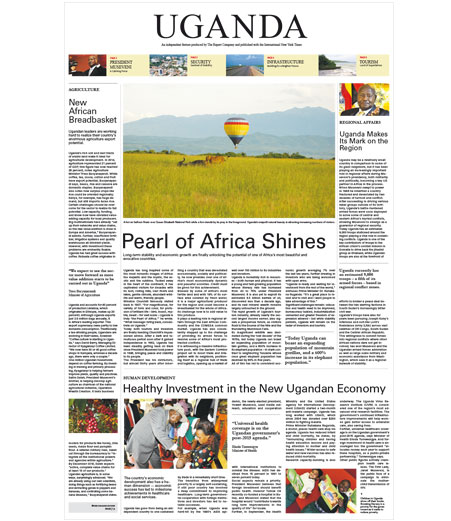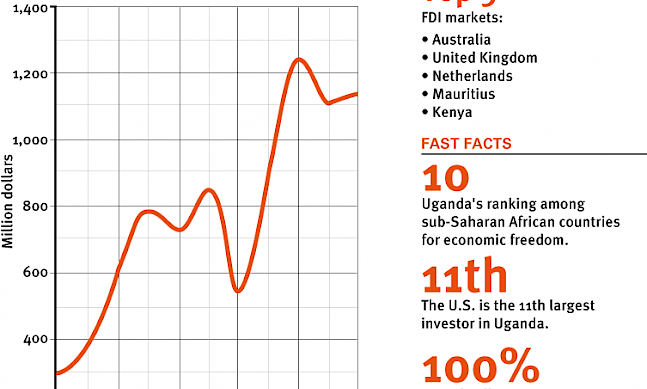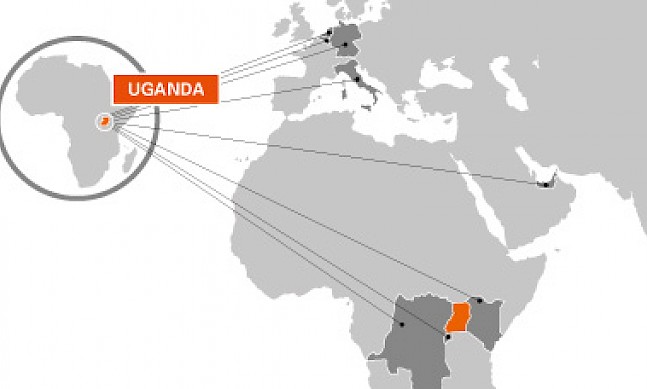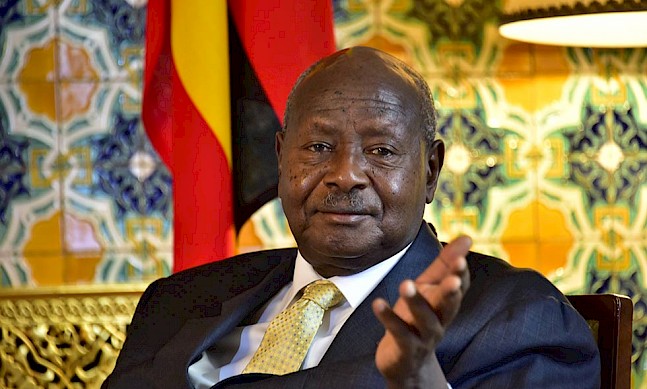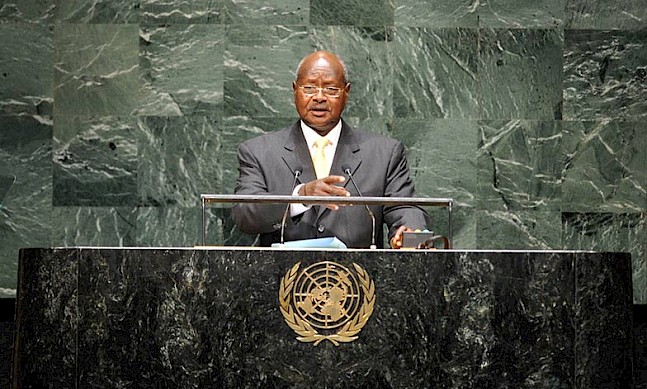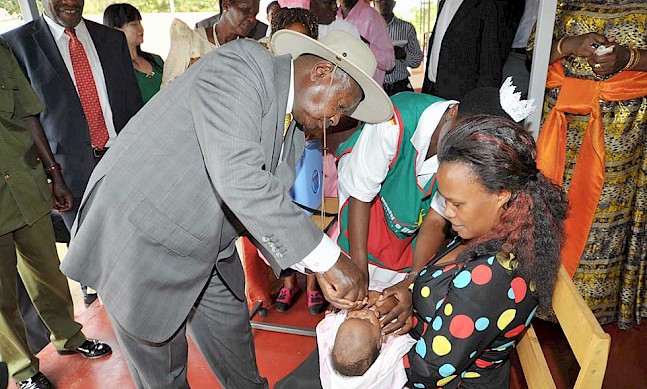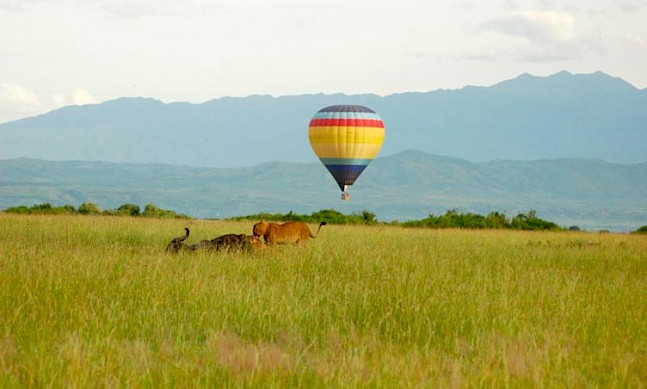With interests spanning real estate, broadcasting and entertainment, Ugandan tycoon Bob Kabonero is one of the country’s most successful entrepreneurs. He spoke to The Report Company about Uganda’s business environment, and shared his view on where opportunities lie in the country’s ever-growing economy.
The Report Company: What are your current investment activities?
Bob Kabonero: I was the pioneer in the private telecoms sector in Uganda. When I finished college, I returned to Uganda in 1992. At that time, telecoms was a government owned business. I requested a license and I started the first internet service provider in Uganda. There was no cellular service in Uganda at that time, so I opened up the telecoms market. I then sold my interest to the present-day Airtel which was at that time Celtel. Then in 1993 I started a casino, which was also the first casino in Uganda.
My major interest today is the casinos. I have two casinos in Uganda and I’m in trading, where bring in about 150 different products per day. I hold the Europcar franchise in Uganda, and I provide logistics and transportation to various oil companies.
TRC: What involvement do you have with the oil sector?
BK: I founded the Association of Oil and Gas Service Providers. This is an association which lobbies for the interests of Ugandan companies. Many business contracts have been given to foreign companies who have the muscle and the capital, and there was a growing resentment amongst the small local businesses.
I founded the association not out of personal interest but out of having seen the experiences in other African countries, for example Nigeria. My thinking was that we should avoid the negative experiences that have been seen in these other countries. We went to lobby parliament, and the basis for our argument was that while we might not have the expertise, the knowledge or the capital, at least we should create opportunities for partnerships with foreign companies. In this way, they can pass on their expertise to local companies who can then participate in a national resource. Luckily, parliament understood and they enacted the local content bill last year, which provided for that if goods cannot be provided locally, they should be a partnership with a foreign company to be able to do business.
I’m a big supporter of a liberal economy where people can compete, but you also have to have some safeguards.
TRC: What is your assessment of the current status of the oil and gas industry in Uganda?
BK: We were very excited because everyone is saying that the oil is coming, but things seem to have slowed down, because the government wants to get it right.
TRC: How do you think foreign investors see Uganda?
BK: We have had a very good macroeconomic policies and a stable currency, although it has recently taking a beating, but this is worldwide because of the dollar going up. With the ongoing delays in the oil sector, people are starting to have doubts that we are able to stick to our commitments. Once we sort out having the right people in the right places, then we will move forward. The people who are managing the economy are good at what they do and that is why we have been able to achieve what we have achieved, but the people who have been managing the oil are scientists rather than businessmen.
TRC: How does Uganda view foreign investors?
BK: We tend to view foreign people not as intruders but as partners. Kampala is a place where you can walk at night without any problem. It’s safe, it’s secure, and we have done better than most countries in securing our borders. We are really open for business. People have a very high entrepreneurial spirit and they are good at doing business.
TRC: What is your perception of Uganda’s role in the region?
BK: Uganda has been at the forefront and has had a great deal of influence. Our president is interested in seeing regional stability; that’s why we were in Somalia, in Congo, and so on. We have been a calming influence in a turbulent region.
TRC: Where do you see opportunities within Uganda’s economy?
BK: I’m passionate about agriculture, and I have set up a small demonstration farm where some experts from Israel teach farmers modern methods of farming and irrigation. I’m retiring in exactly three years, and I’m currently putting up my last project which is a five-star hotel with Radisson. There is a big need for hotels in Uganda.


